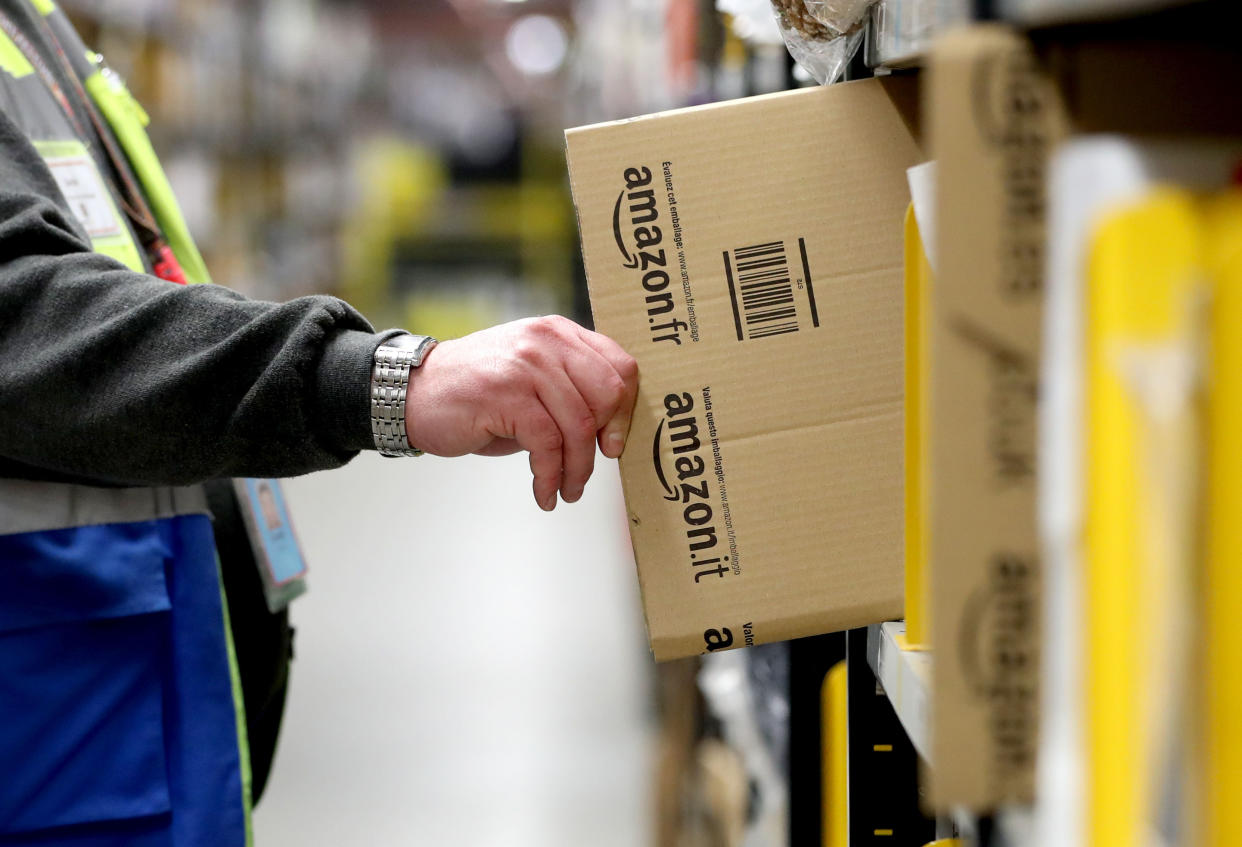Should companies pay workers bonuses for turning up on time?

Amazon has announced it will be offering a £50 ($69) weekly bonus for some of its permanent UK employees for turning up to work on time.
The reward is for people who have 100% attendance, excluding time taken off for sickness linked to disability and COVID-19. The bonus, which will be offered at sites including Amazon’s Durham and Gateshead warehouses, is aimed at helping to meet increased demand over the busy summer and Christmas periods.
An Amazon spokesperson said: “We are currently offering an attendance bonus at a number of locations to permanent associates to support our summer demand and help us prepare for the festive season ahead.”
A bonus system may be a good incentive to be punctual, but is this kind of incentive really required when workers should be turning up to work on time anyway?
“Without context this measure could seem unnecessary. Companies include clauses in their work contracts with employees, stipulating working hours as part of the work agreement,” says Joanna Blazinska, a career coach and strategist.
Read more: How to deal with anxiety when starting a new job
“However, this measure is to secure staff attendance and availability to work from the beginning of the work day until the end, especially for those professions that have to be at their workplace to perform the work.”
According to Blazinska, Amazon’s new bonus system reveals the current difficulties companies have with recruitment and retention of staff.
“As the UK labour market is picking up, there is a record high number of job vacancies and wages are also picking up,” she says. “We’ve also been observing staff shortage in certain professions, such as HGV drivers. We can observe it is an employee market, and workers realise they have the bargaining power.
“Given the above, companies are desperate to meet the demand, hence the desperate measures. Companies are also creating joining bonuses for those who get hired, or salary increases.”
What are the positives of a punctuality reward scheme?
It’s easy to see how cash can incentivise punctuality and help get the best out of a workforce. The possibility of earning more money may encourage people to turn their morning alarms off and leave home with time to spare — and avoid the temptation to catch a later train or bus.
Read more: How maternity leave stigma is undermining women's careers
“Companies are recognising they need to incentivise their workers financially,” says Blazinska. “They are waking up to the fact that their workers on all levels of the company are actually the most important asset.”
This show of appreciation — in the form of a bonus — may boost morale and job satisfaction among workers too, reducing staff turnover and improving retention.
What are the downsides of a punctuality reward scheme?
However, costs can easily add up for businesses who reward their workers for punctuality. Although this might not be a problem for Amazon, smaller firms may struggle financially.
In addition, punctuality bonuses will not be enough if companies such as Amazon still maintain poor working conditions for their fulfillment centers employees, Blazinska adds.
“Incentives need to work together with all the policies and safety measures in the company; and describe accurately the behaviour they are to motivate,” she says.
Read more: Mental health breaks: Why more companies should follow Nike and Bumble
“This measure can raise concerns since it seems the company is preparing itself for a high volume of business and orders. There has to be a comprehensive policy really taking care of the workers on all levels, not only when the company is preparing for the peak season and might not hit the company goals needed for the shareholders.”
There is also still a risk of people not turning up or not on time. Working parents or carers may be late to work because they are struggling to balance their responsibilities with their working lives. Those who rely on public transport — or who face heavy traffic on their commute to work - may find themselves running behind too.
Therefore, these workers may lose out on additional payments for reasons beyond their control. This may well leave some workers feeling disgruntled, which can cause a rift in the workplace and undermine productivity and engagement.


